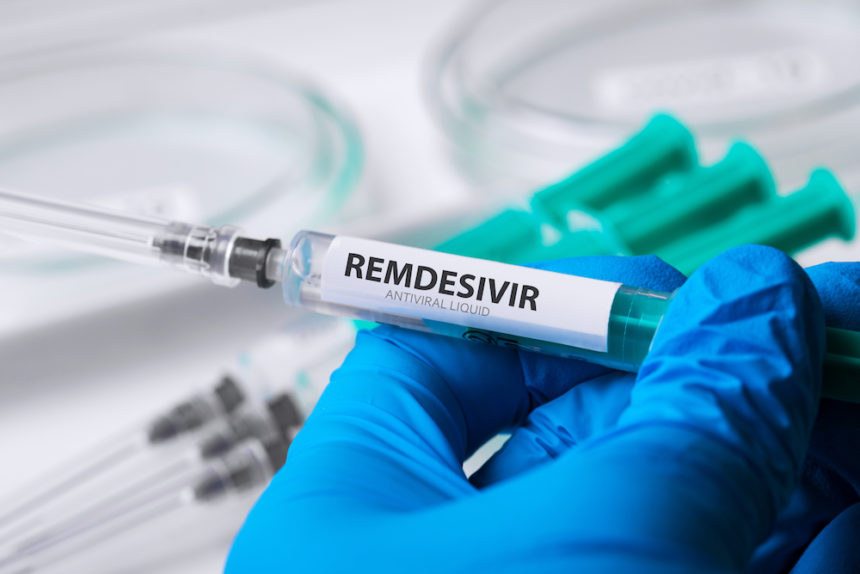Gilead has named the price for its experimental COVID-19 treatment, remdesivir.
There are several prices at play in the company’s statement. For patients on private insurance, a five-day treatment course will cost $3,120. For government insurance, the cost will be $2,340 for the five-day treatment.
Those costs are determined by different prices set for different types of insurance. Gilead will charge $520 per vial for commercial insurance and $390 per vial for government insurance programs. The company also said the drug has been discounted for governments of developing countries to ensure global access.
In a letter from Gilead CEO Daniel O’Day, he explained the reasoning behind those prices.
O’Day wrote that the price of remdesivir was “well below” the amount the drug could save hospitals. Based on a study from the National Institute of Allergy and Infectious Diseases (NIAID), the antiviral medicine reduces hospital stay on average by four days, which equals about $12,000 saved per patient in the U.S., the letter reads.
However, a recent report from the Institute for Clinical and Economic Review (ICER), an independent pricing group, estimated the price should fall between $2,520 and $5,080. That range represents whether remdesivir is used with or without the steroid dexamethasone. ICER wrote that using dexamethasone, which last week reported successful results in COVID-19 patients in an early study, together with remdesivir would make the cost of treatment lower.
Based on the ICER report, the price set by Gilead is on the lower end of the spectrum. The letter from O’Day did not mention ICER’s price models.
The letter also explained that Gilead partnered with generic manufacturers in order to supply the drug at a lower cost. Gilead is also working with the U.S. Department of Health and Human Services to manage allocation to hospitals. At the end of September, Gilead will take over that management again.
“In making our decision on how to price remdesivir, we considered the full scope of our responsibilities,” O’Day wrote in the open letter. “We started with our immediate responsibility to ensure price is in no way a hindrance to ensuring rapid and broad treatment. We also balanced that with our longer-term responsibilities: to continue with our ongoing work on remdesivir, to maintain our long-term research in antivirals and to invest in scientific innovation that might help generations to come. As with many other aspects of this pandemic, we are in uncharted territory in pricing remdesivir.”







